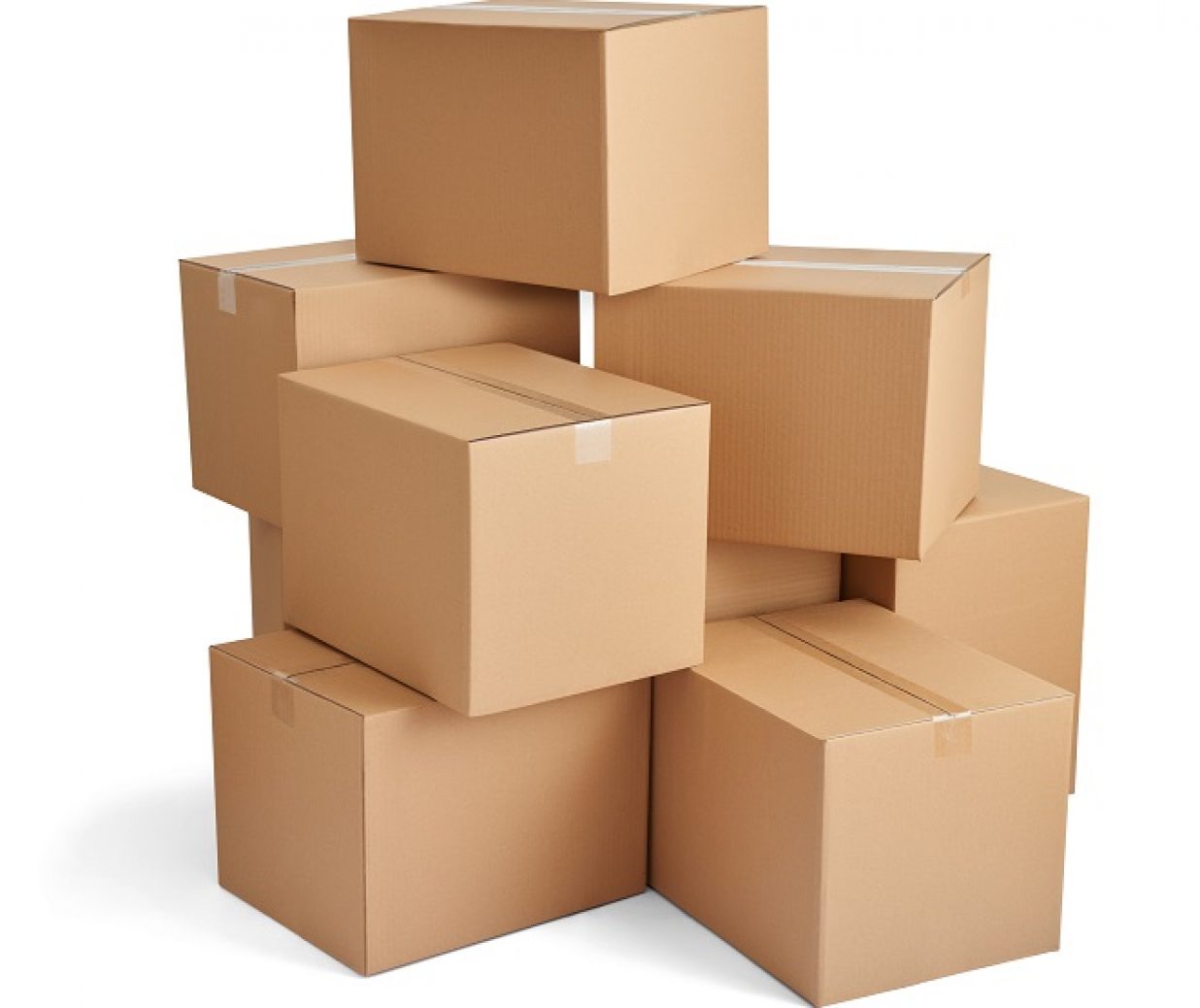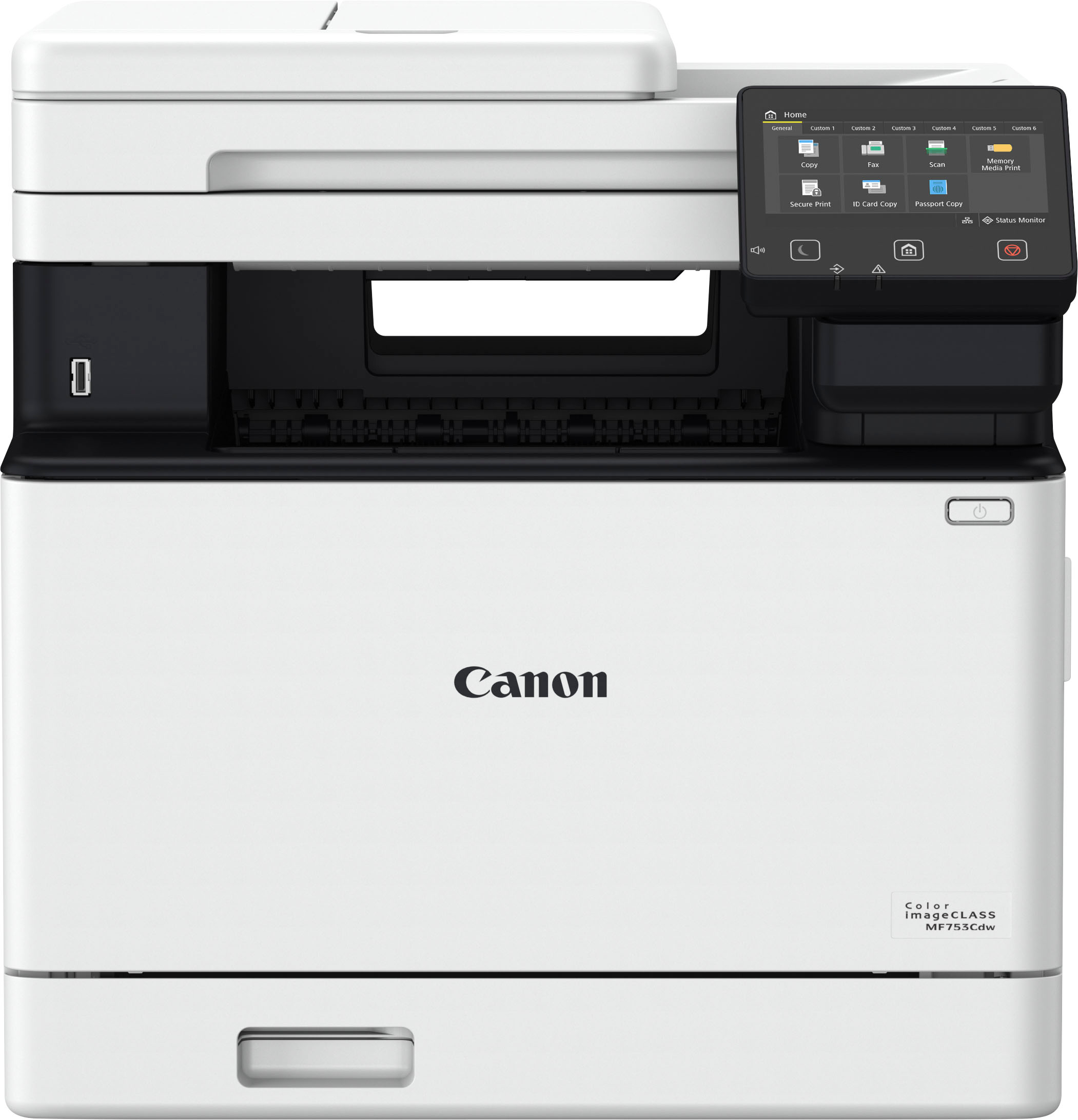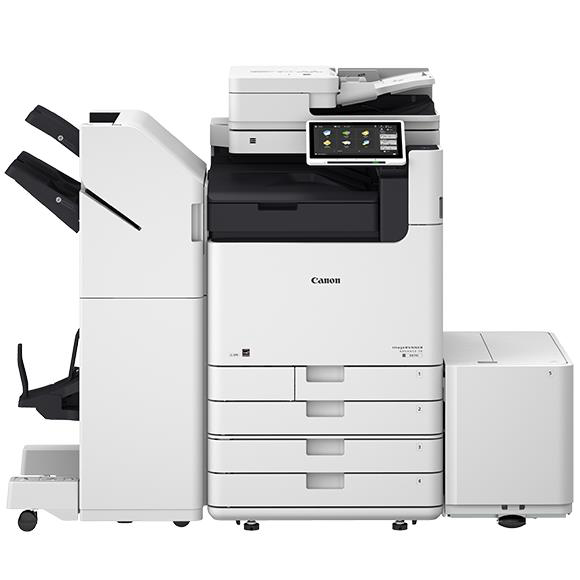In today's fast-paced world, food safety is of utmost importance. Consumers are increasingly concerned about the quality and safety of the food they consume. One crucial aspect of ensuring food safety is the use of food-safe paper in various stages of food production, packaging, and storage. In this blog post, we will delve into the significance of food-safe paper, its characteristics, and its role in maintaining the integrity of food products.
- Understanding Food-Safe Paper:
Food-safe paper refers to packaging materials that are specifically designed and manufactured to be in direct contact with food. These papers undergo rigorous testing and adhere to strict regulations to ensure they do not pose any health risks to consumers. Food-safe paper is free from harmful chemicals, toxins, and contaminants that could potentially contaminate the food. - Key Characteristics of Food-Safe Paper:
a. Non-toxic and Chemical-free: Food-safe paper is made from materials that do not contain harmful chemicals such as lead, phthalates, or bisphenol A (BPA). These substances can leach into the food and pose health risks when consumed.
b. Oil and Moisture Resistance: Food-safe paper is designed to resist oil and moisture, preventing the transfer of unwanted substances from the packaging to the food. This characteristic is particularly important for greasy or moist food products.
c. Heat Resistance: Food-safe paper should be able to withstand high temperatures without releasing harmful substances or compromising its structural integrity. This is crucial for food items that require heating or cooking.
d. Microbial Barrier: Food-safe paper acts as a barrier against microorganisms, preventing the growth of bacteria, mold, and other pathogens that can contaminate the food. This helps in extending the shelf life of food products.
- Applications of Food-Safe Paper:
a. Packaging: Food-safe paper is widely used in packaging various food products, including bakery items, fast food, snacks, and beverages. It ensures that the food remains safe and fresh during transportation and storage.
b. Wrapping: Food-safe paper is commonly used for wrapping sandwiches, burgers, and other ready-to-eat food items. It provides a hygienic and safe barrier between the food and the consumer.
c. Cooking and Baking: Food-safe paper can be used for cooking and baking purposes, such as lining baking trays or wrapping food for steaming. It eliminates the need for greasing and prevents direct contact between the food and the cooking surface.
d. Food Storage: Food-safe paper is also used for storing food in refrigerators or freezers. It helps in preserving the quality and taste of the food while preventing cross-contamination.
- Importance of Food-Safe Paper in the Food Industry:
a. Consumer Safety: The use of food-safe paper ensures that consumers are protected from potential health hazards associated with food contamination. It builds trust and confidence in the food industry.
b. Regulatory Compliance: Food-safe paper is subject to strict regulations and guidelines set by food safety authorities. Compliance with these regulations is essential for businesses to operate legally and maintain their reputation.
c. Brand Image and Differentiation: Companies that prioritize food safety by using food-safe paper can differentiate themselves from competitors. It demonstrates their commitment to quality and consumer well-being.
d. Environmental Sustainability: Food-safe paper can be sourced from sustainable materials and be recyclable or compostable. This promotes environmental sustainability and reduces the carbon footprint of the food industry.
Conclusion:
Food-safe paper plays a crucial role in ensuring the quality, safety, and integrity of food products. Its non-toxic nature, resistance to oil and moisture, heat resistance, and microbial barrier properties make it an essential component in the food industry. By using food-safe paper, businesses can prioritize consumer safety, comply with regulations, enhance their brand image, and contribute to environmental sustainability. As consumers become more conscious about the food they consume, the use of food-safe paper becomes increasingly important in maintaining trust and meeting their expectations.




